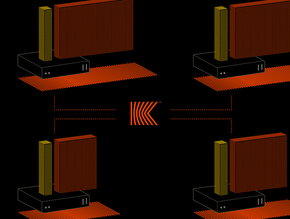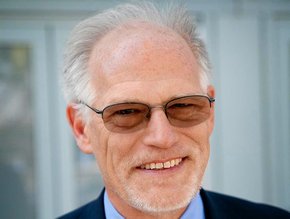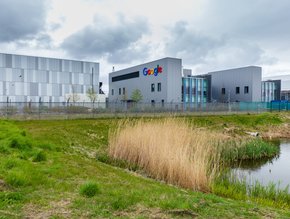Northern Data AG spins up first data centre in Frankfurt

Northern Data AG, a german blockchain and cryptocurrency-focused IT firm, has announced the launch of its first data centre in the city of Frankfurt. The facility, which commenced operations on December 1, 2020, will function as part of the company’s GPU-based Distributed Computing Cluster.
The aim of this distributed network of GPUs is to serve as a high performance computing (HPC) platform for research and industrial applications. Northern Data’s Distributed Computing Cluster is expanding rapidly, with the recent announcement of a newly-commissioned data centre in the Netherlands city of Maastricht last week.
Northern Data CEO, Aroosh Thillainathan, commented, “With the smooth and rapid expansion of our GPU cluster, now including our first European location, we are moving to meet the very high demand for stable, reliable and cost-efficient HPC infrastructure.” He added that, once the GPU Cluster is fully built out, it would allow Northern Data to offer a range of services in the fields of artificial intelligence, deep learning, research and rendering.”
The Maastricht facility, in combination with the new Frankfurt data centre and Northern Data’s other GPU clusters in Scandinavia and Canada, will be one of the largest of its kind upon completion and is predicted to achieve computing power of 404 Petaflops. For context, the world’s most powerful supercomputer, the Fugaku in Japan, has a total computing capacity of 415 petaflops.
Stefan Sickenberger, COO of Northern Data, explained in a company press release that, “HPC has become an integral part of research and large parts of industry. Parallel processor systems and clusters are needed to process large volumes of data at high speed and with maximum stability. A key driver of success is lower energy consumption and high power efficiency. We are pleased to be working closely with our research partners on this project. We are particularly proud of our cooperation with the High-Performance Computing Architecture group at the Goethe University Frankfurt, which commands a great deal of expertise, especially in the area of Green IT”.
The newly-operational Frankfurt site is already the focus of several partnerships between Northern Data, the University of Frankfurt and GSI Helmholtzzentrum Darmstadt.
Both the Frankfurt and Maastricht locations are being constructed with the leading-edge cooling and power systems required in order to run HPC workloads in a sustainable way. Norther Data has reportedly developed its own in-house cooling system, which can deliver PUE readings of between 1.05 and 1.04, far lower than the industry average of around 1.5.
Thillainathan added: “In contrast to pure colocation providers, which have no influence on, for example, the load distribution of their customers and their software processing within the data center, we are able to regulate this with our management software. Among other things, we also control the cooling capacity very efficiently in terms of the required computing power, and this enables us to achieve excellent PUE values. Our customers save energy and achieve cost savings as a result. Together with our targeted selection of locations in northern regions, this allows us to offer our customers high-quality HPC solutions tailored to their needs, while remaining extremely cost-efficient at the same time.”






